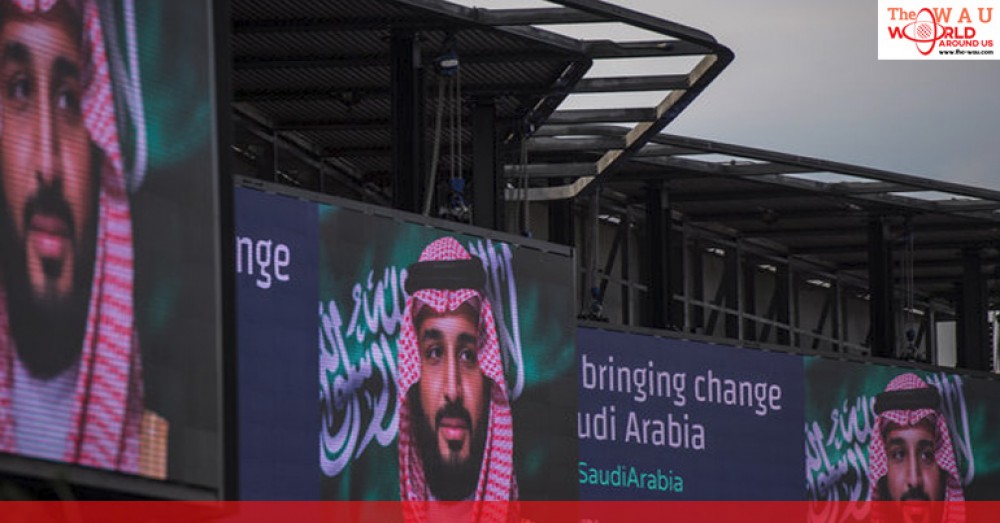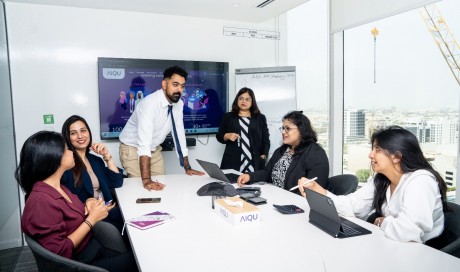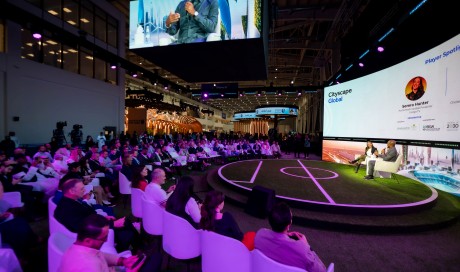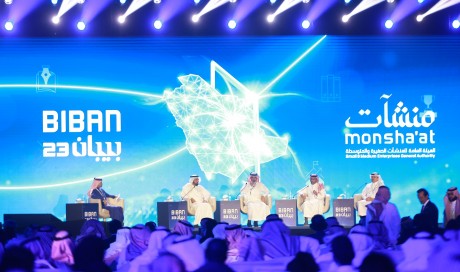Saudi Crown Prince Mohammed bin Salman doesn’t apologize for much. In the past year, his government has massacred civilians in Yemen, kidnapped the prime minister of Lebanon and spent $450 million of unknown provenance on a painting while rounding up hundreds of people for alleged corruption. He’s publicly defended those actions.
But there’s one thing the crown prince is always willing to express remorse about: Islam, or at least the version dominant in his country. “We were victims,” he recently told “60 Minutes.”
Crown Prince Mohammed’s pitch to governments, citizens and, most importantly, investors, explicitly plays on global Islamophobia and many Muslims’ own frustrations about the violence committed in the name of their religion. It neatly identifies Islam as a problem and the prince as the solution. And this summer is supposed to bring a marquee moment for the battle against fundamentalist Islam the crown prince says he’s fighting: On June 24, women will gain the legal right to drive in Saudi Arabia.
But the “reformer” prince’s rhetoric is colliding with the reality of his rule. Since May 15, his government has been arresting human rights advocates — among them some of the most prominent Saudi women activists — in a crackdown that perpetuates long-standing Saudi repression.
"Crown Prince Mohammed's pitch to governments, citizens and, most importantly, investors, explicitly plays on global Islamophobia and many Muslims’ own frustrations about the violence committed in the name of their religion.
The crown prince’s playbook is an old one. For strongmen in the Muslim-majority world, the trope of the scary Muslim is invaluable. It allows them to bond with skeptics of Islam abroad — remember the orb? — and constantly justify their continued rule.
After all, the argument goes, do you really want their people in charge instead? It’s the kind of language Syrian President Bashar Assad proudly uses to declare himself a vital defender of secularism and paint his opposition, including peaceful activists, as essentially too Muslim.
Talk of “moderation” and “modernization” has defined regional rulers seeking to solidify their control since at least the early 20th century. But Muslim leaders became especially invested in that language after the 9/11 attacks prompted global soul-searching about the roots of terrorism, according to Annelle Sheline, a George Washington University doctoral student who studies the way governments in the region brand themselves.
These leaders watched with alarm as members of the George W. Bush administration argued that the key to peace was spreading democracy.
“The Middle East regimes were not so interested in having the spotlight shined on their activities or sharing their power,” Sheline said. Eventually, “the Bush administration was fairly willing to buy into the bill of goods that a lot of Arab regimes were selling, which was that it’s not authoritarianism, it’s Islam, and we need to change Islam.”
So the regimes promised change. The Saudis pledged to cut hate speech from their textbooks. Jordan gathered 200 scholars for a declaration of Muslim tolerance and unity. Around the region, governments expanded their control over what was preached and discussed in mosques. Implicit throughout was the idea that they could identify and enshrine a “correct” Islam for subjects always on the verge of falling for fundamentalists, and that that was all the change the world needed to deal with al Qaeda and its affiliates.
When the 2011 Arab Spring protests exposed how unhappy and marginalized many Muslims remained, the region’s authoritarians were in a bind. Some — like Assad, and Libya’s Moammar Gadhafi — set off nightmarish civil wars. Others tried to be more subtle, working to boost fears internationally about the figures gaining political power for the first time.
“It was like, ‘Oh, good, if we let them have democracy, we have the Muslim Brotherhood in Egypt, or else we get war in Syria.’ There’s definitely been this sense that clearly these people aren’t ready for democracy,” Sheline said. She believes that argument is flawed because it doesn’t acknowledge how violent undemocratic regimes inspire more violence in their societies.
"Around the region, governments expanded their control over what was preached and discussed in mosques. Implicit throughout was the idea that they could identify and enshrine a “correct” Islam for subjects always on the verge of falling for fundamentalists.
...[ Continue to next page ]
Share This Post















